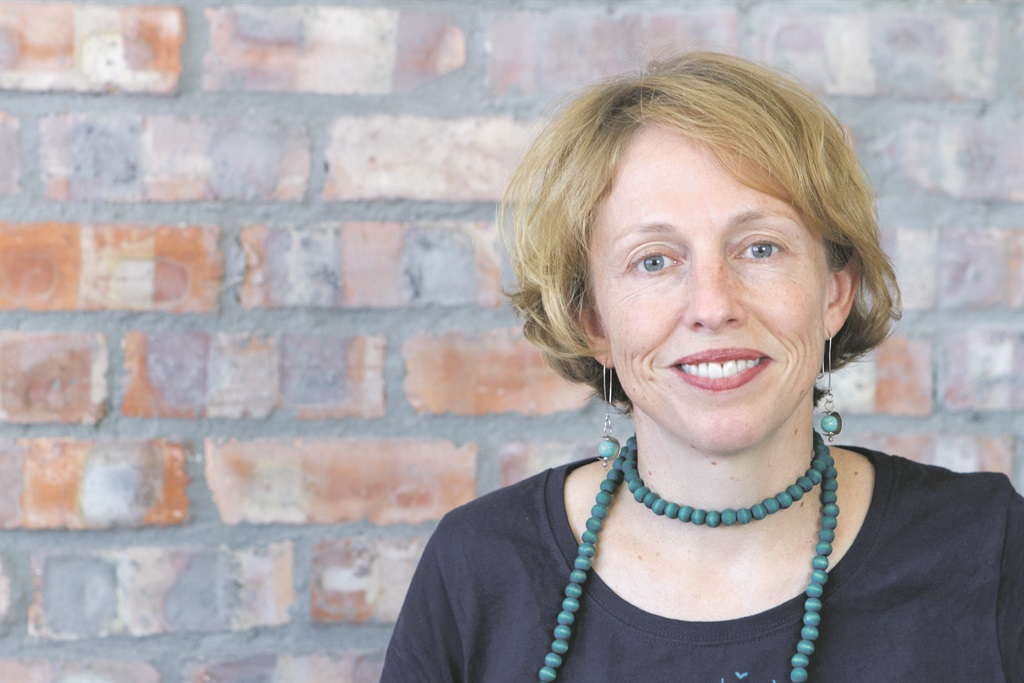
The Open Society Foundations are marking the 25th anniversary of the Open Society Foundation for SA, a member of the family of offices and foundations created by philanthropist George Soros. This is a project in partnership with the Open Society Foundation for SA.
A few weeks ago activists from the Vaal Environmental Justice Alliance, Save the Vaal, Justica Ambiental and shareholder activist organisation Just Share, as well as environmental rights lawyers from the Centre for Environmental Rights, attended the glitzy annual general meeting of corporate giant Sasol.
While some demonstrated outside Sasol’s headquarters in Sandton, others – single shares in hand – were inside challenging and interrogating the board and management of this corporate on social issues, rehabilitation funds, air pollution and climate change.
Sasol is one of the country’s top two greenhouse gas emitters.
Last week in Parliament activists from Greenpeace, groundWork and lawyers from the Centre for Environmental Rights battled Eskom, Sasol and the environmental affairs department about the devastating health effects of poor air quality in South Africa, demanding an end to impunity for large polluters.
More than 2 000 people die prematurely every year from air pollution from burning coal for electricity.
In the past month a coalition of eight civil society organisations won the first in a series of court battles to stop a politically connected mining company from building a large coal mine threatening a strategic water source area – one of 22 areas that produce more than 50% of South Africa’s fresh water, crucial for water security in a water-scarce country.
And then the long, bitter battle of the Xolobeni community on the Wild Coast culminated in a crucial victory for communities threatened by mining when the high court held that communities living on communally owned land could refuse consent for mining, endorsing the right to full and informed consent before a mining right is granted on their land.
Civil society resistance has been instrumental in curbing the endless patronage and large-scale corruption opportunities offered by state regulation of natural resources.
Last year civil society organisations Earthlife Africa and the SA Faith Communities’ Environmental Institute succeeded in delaying the planned nuclear build, which would have brought the economy to its knees, for long enough to see through a change in regime and policy.
These are not only victories for constitutional rights, but also a signal to both the state and big corporates that environmental justice and community organisations are organised, networked and ready to use a broad range of tactics to defend a vision of a South Africa that is more free, more equal and that recognises the need for a more sustainable way of living in the face of the unprecedented risks posed by climate change.
It is, however, also these victories that put activists working on natural resource governance and community rights at risk: They are caught between the aggressive push to grow the economy by the portrayal of the ailing mining sector as a “sunrise industry” and vested interests in the coal and nuclear sectors fighting to delay the inevitable transition from fossil fuels to cheaper, less polluting energy.
Some of the more public attacks on environmental activists have included defamatory and social media attacks, a series of defamation lawsuits, threats of violence, and assassinations.
These threats to activists are facilitated and exacerbated by unholy alliances between the state and the corporate sector that allow for poor regulation and noncompliance with environmental laws and standards.
The irony is that the failures activists are protesting against create severe and long-term risks and liabilities for both the state and the private sector.
The environmental justice movement is a broad community of ideologies, backgrounds and tactics, but it is united in a commitment to a just transition away from fossil fuels to a more just, equal and resilient society.
To achieve this vision, activists risk their lives and livelihoods every day to fight David and Goliath battles that ultimately benefit all South Africans.
Fourie is executive director at the Centre for Environmental Rights




 Publications
Publications
 Partners
Partners








